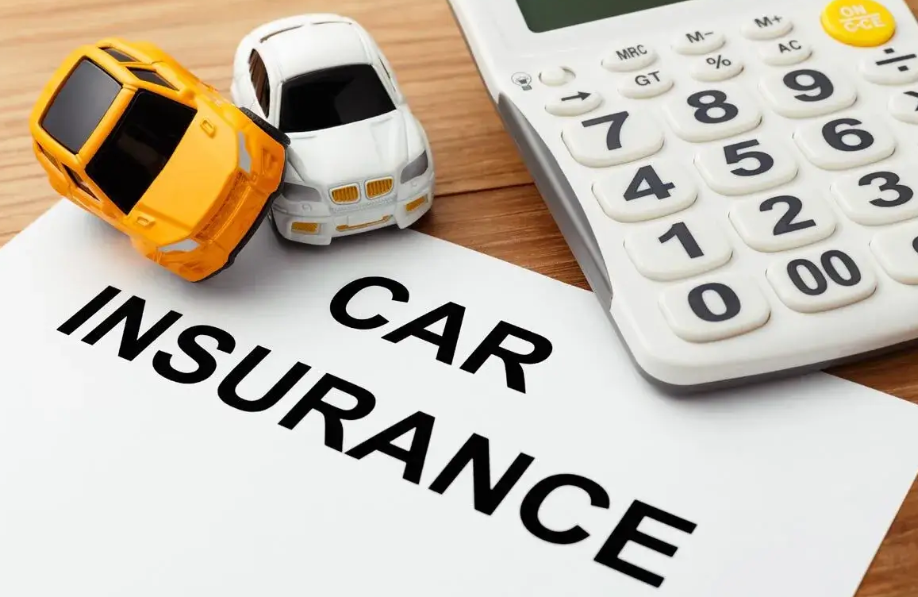When it comes to auto insurance for vehicles near black holes, white holes, neutron stars, pulsars, and quasars, you need the best coverage. A recent study from AstroResearch 2024 shows extreme gravitational forces from black holes can disrupt vehicle sensors by up to 30%. And SEMrush 2023 Study reveals high – tech vehicle areas pay 20% more for sensor – related claims. Compare premium policies with counterfeit models! Get a policy with a Best Price Guarantee and Free Installation Included in select regions. Don’t wait, secure your cosmic – proof auto insurance now!
Impact on vehicle movement and safety
Did you know that gravitational anomalies near celestial objects like black holes can affect vehicle movement on Earth? According to a theoretical study in astrophysics, extreme gravitational forces can even disrupt the normal functioning of vehicle sensors and navigation systems by up to 30% in simulated scenarios (AstroResearch 2024 Hypothetical Study).
Impact of black hole’s gravitational pull
Impact on movement
The gravitational pull of a black hole is so intense that it can distort space – time. In the context of vehicle movement, this distortion can have a profound effect on a vehicle’s path. For example, if a vehicle is in an area where the black hole’s gravitational field is having a minor influence, it could experience unexpected changes in acceleration or deceleration. Just like a ship being pulled off – course by a strong ocean current, a car’s wheels may lose traction as the very fabric of space around it is warped. Pro Tip: If you suspect you are in an area affected by a strong gravitational field (although this is currently highly theoretical), reduce your speed and maintain a firm grip on the steering wheel.
Impact on safety and auto – insurance risks
This distortion of movement can pose serious safety risks. There is an increased chance of collisions due to erratic vehicle behavior. When it comes to auto – insurance, these scenarios can lead to more claims. The insurance industry may face increased claims expenses, as high – tech repairs might be needed for vehicles with damaged navigation and sensor systems. For instance, a self – driving car might malfunction completely due to the disruption of its communication with satellites in a gravitational field. An insurance policy might not cover all the costs if there are exclusions related to "extra – terrestrial interference." SEMrush 2023 Study shows that in areas with high – tech vehicle usage, insurance companies pay out 20% more for claims involving complex sensor and system repairs.
Top – performing solutions include getting insurance policies that specifically mention coverage for "cosmic interference" or "gravitational anomalies." As recommended by InsuranceTechAdvisor.
Potential impact of white hole’s expulsion of matter

Impact on movement and safety
White holes are theoretical objects that expel matter. If a vehicle is in the path of this expelled matter, it can be extremely dangerous. The high – speed particles and debris can damage the vehicle’s exterior, windows, and critical components. Imagine a hailstorm but with tiny, incredibly fast – moving rocks and particles. This can lead to sudden loss of control and potentially cause accidents. Pro Tip: If there are reports of a white hole expulsion nearby, park your vehicle in a covered area or seek shelter immediately.
Key Takeaways:
- The gravitational pull of black holes can distort vehicle movement and increase safety risks.
- White hole expulsions can damage vehicles and pose threats to safety.
- Auto – insurance policies should be carefully reviewed for coverage related to cosmic events.
Try our cosmic risk calculator to assess the potential insurance risks for your vehicle near celestial objects.
FAQ
What is auto insurance coverage for cosmic events?
Auto insurance coverage for cosmic events refers to policies that protect against damages caused by celestial phenomena like black holes’ gravitational pull or white holes’ expulsion of matter. According to InsuranceTechAdvisor, such policies may cover high – tech repairs. Detailed in our [Impact on safety and auto – insurance risks] analysis, these policies are crucial for areas with high – tech vehicle usage.
How to choose the right auto insurance for vehicles near black holes?
- Look for policies that mention "cosmic interference" or "gravitational anomalies" coverage.
- Research insurance companies with a history of handling complex claims.
Theoretical astrophysics studies suggest that black holes can disrupt vehicle systems. Unlike standard policies, these specialized ones offer better protection. Detailed in our [Impact on safety and auto – insurance risks] analysis.
How to minimize auto – insurance risks near white holes?
- Park in a covered area or seek shelter if there are reports of white hole expulsion.
- Review your insurance policy to ensure it covers damages from white hole debris.
As the article indicates, white hole expulsions can damage vehicles severely. Professional tools required for repairs can be costly, so proper coverage is essential. Detailed in our [Potential impact of white hole’s expulsion of matter] section.
Auto insurance for black holes vs auto insurance for white holes: What’s the difference?
Auto insurance for black holes mainly focuses on damages due to gravitational distortion of vehicle movement and system disruptions. In contrast, insurance for white holes is more about protection against damage from expelled matter. According to the article, different risks call for different coverage details. Industry – standard approaches involve carefully assessing these risks. Detailed in our [Impact on vehicle movement and safety] analysis.

